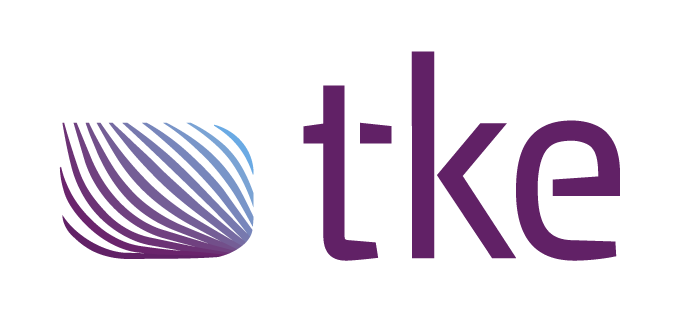How Does CAN Bus Improve Industrial Automation Solutions?
What is CAN bus and how does it work?
The Controller Area Network (CAN) bus is a robust vehicle bus standard designed to allow microcontrollers and devices to communicate with each other without a host computer. Developed in the 1980s by Bosch, CAN bus was initially created for the automotive industry to simplify the wiring system within vehicles. However, its reliable and efficient communication capabilities have made it an essential technology in various industrial applications.
CAN bus operates by sending messages using a multi-master serial communication protocol. Each device on the network can send or receive messages, making it highly efficient for real-time data exchange. The protocol uses a non-destructive bitwise arbitration method, ensuring that the highest priority message is transmitted first, minimizing data collision, and enhancing network reliability. This makes CAN bus an ideal choice for industrial systems where consistent and accurate data flow is crucial.
What are the benefits of using CAN bus in industrial automation?
Integrating CAN bus into industrial automation systems offers several significant advantages. One of the primary benefits is its reliability. The error detection and fault confinement features of CAN bus make it a stable choice for industries where communication integrity is vital. Its robustness ensures that systems can continue to operate smoothly even in challenging environments.
Another advantage of CAN bus is its efficiency in data transmission. The protocol allows for real-time communication, which is critical for automation processes that require immediate response and feedback. Additionally, the simplicity of the CAN bus wiring system reduces installation complexity and costs, making it an attractive option for industrial applications seeking to optimize their operations.
How does CAN bus compare to other communication protocols?
When comparing CAN bus to other industrial communication protocols, several unique features stand out. Unlike Ethernet, which is also widely used in industrial settings, CAN bus is specifically designed for environments where real-time communication and high reliability are essential. While Ethernet offers higher data rates, CAN bus provides superior error handling and prioritization of messages.
Compared to protocols like Modbus or Profibus, CAN bus offers a simpler and more cost-effective solution. Its multi-master capability allows for decentralized control, which can be a significant advantage in complex systems. Furthermore, the robustness and error detection mechanisms of CAN bus make it a preferred choice for industries that require high levels of safety and reliability.
What are the common applications of CAN bus in industrial settings?
CAN bus technology is implemented in a wide range of industrial applications due to its versatility and effectiveness. In the marine industry, CAN bus is used to manage and monitor various onboard systems, such as engine control and navigation. Its ability to handle multiple data streams efficiently makes it ideal for such complex environments.
In the energy sector, CAN bus is used for the automation of power generation and distribution systems. It facilitates the seamless communication between different components, ensuring efficient and reliable operation. Off-highway vehicles, such as construction and agricultural machinery, also benefit from CAN bus technology, where it is used to control and monitor critical functions, enhancing both performance and safety.
How does TK Engineering Oy implement CAN bus solutions?
At TK Engineering Oy, we leverage our extensive expertise in CAN bus technology to provide tailored solutions for a variety of industries. Our approach includes comprehensive services such as control system design, testing and troubleshooting, and product development. We work closely with market leaders to integrate cutting-edge communication systems that enhance operational performance and ensure long-term success.
One of our key strengths is our ability to customize CAN bus solutions to meet specific industry needs. Whether it’s in marine, energy, off-highway vehicles, or defense, we have a proven track record of delivering innovative and reliable automation solutions. Our commitment to excellence and continuous research ensures that our clients receive the most advanced and effective communication systems available.
What are the future trends for CAN bus in industrial automation?
The future of CAN bus technology in industrial automation looks promising, with several trends indicating continued growth and innovation. One such trend is the integration of CAN bus with the Internet of Things (IoT). As more industries move towards connected systems, the ability of CAN bus to provide reliable real-time communication makes it a valuable component in IoT networks.
Another trend is the development of higher-speed CAN protocols, such as CAN FD (Flexible Data-rate), which allows for increased data throughput. This advancement will enable CAN bus to handle more complex applications, opening new possibilities for its use in industrial automation. As industries continue to evolve, the demand for robust, efficient, and scalable communication solutions like CAN bus is expected to grow, solidifying its role in the future of industrial technology.



